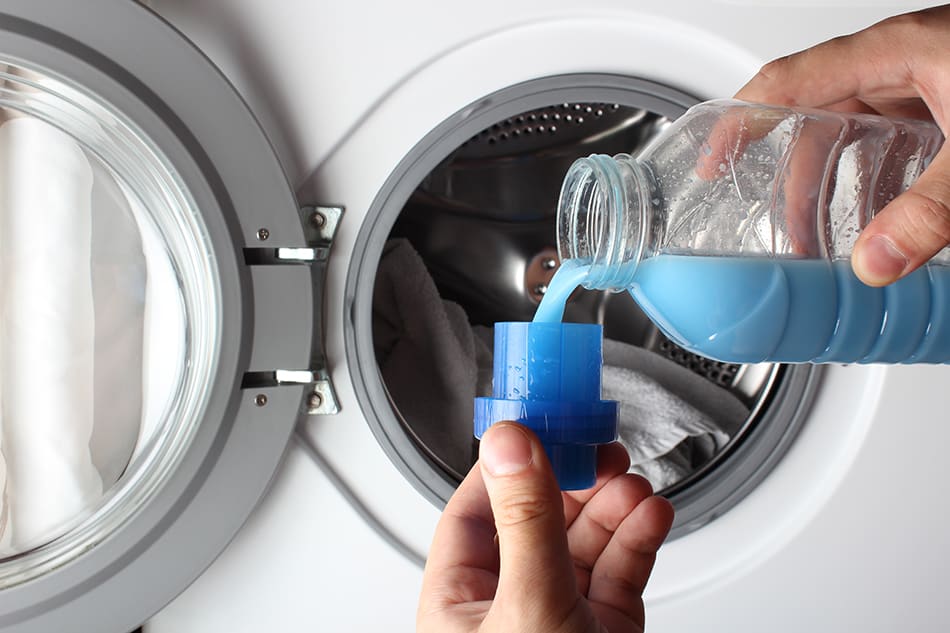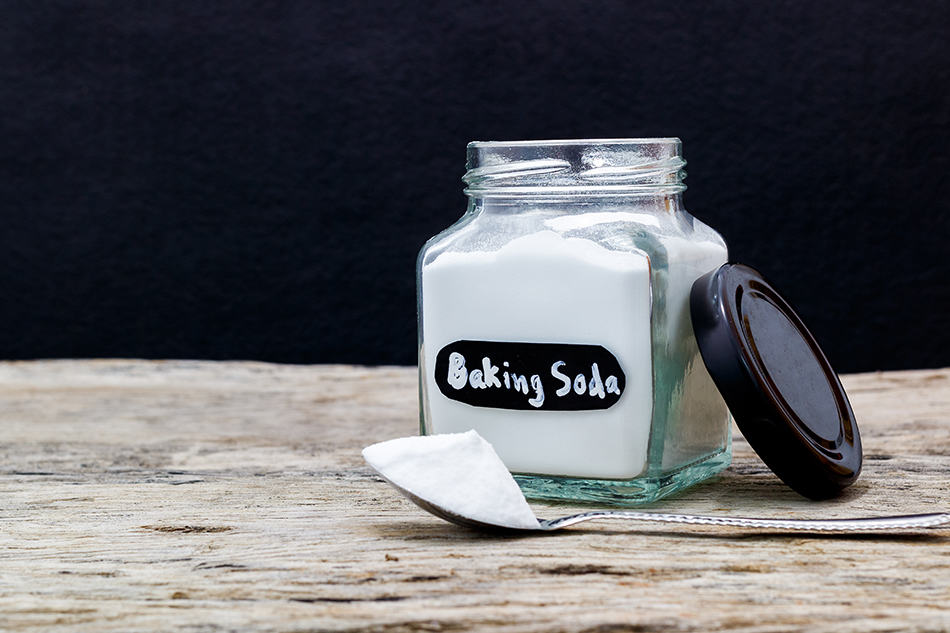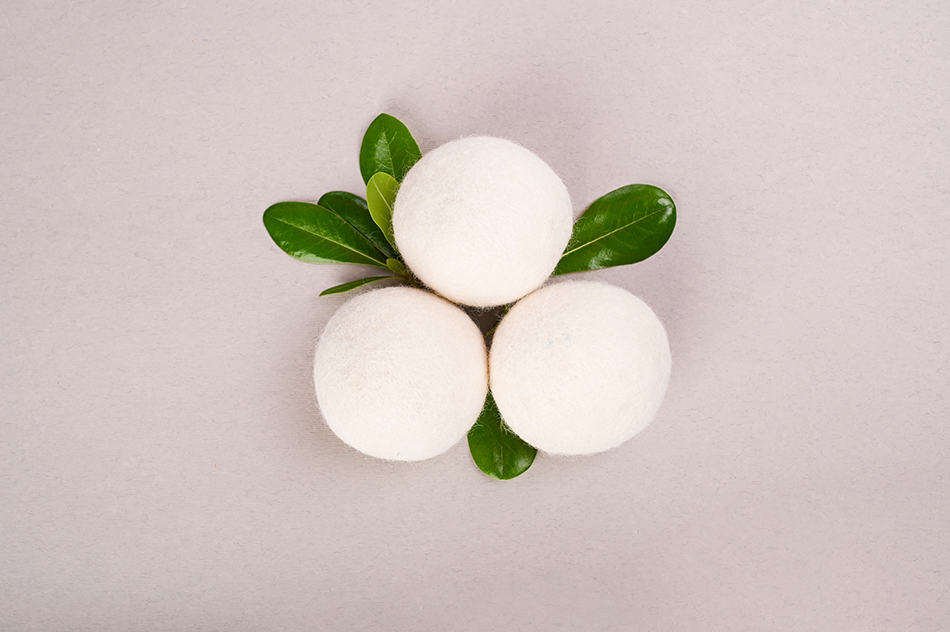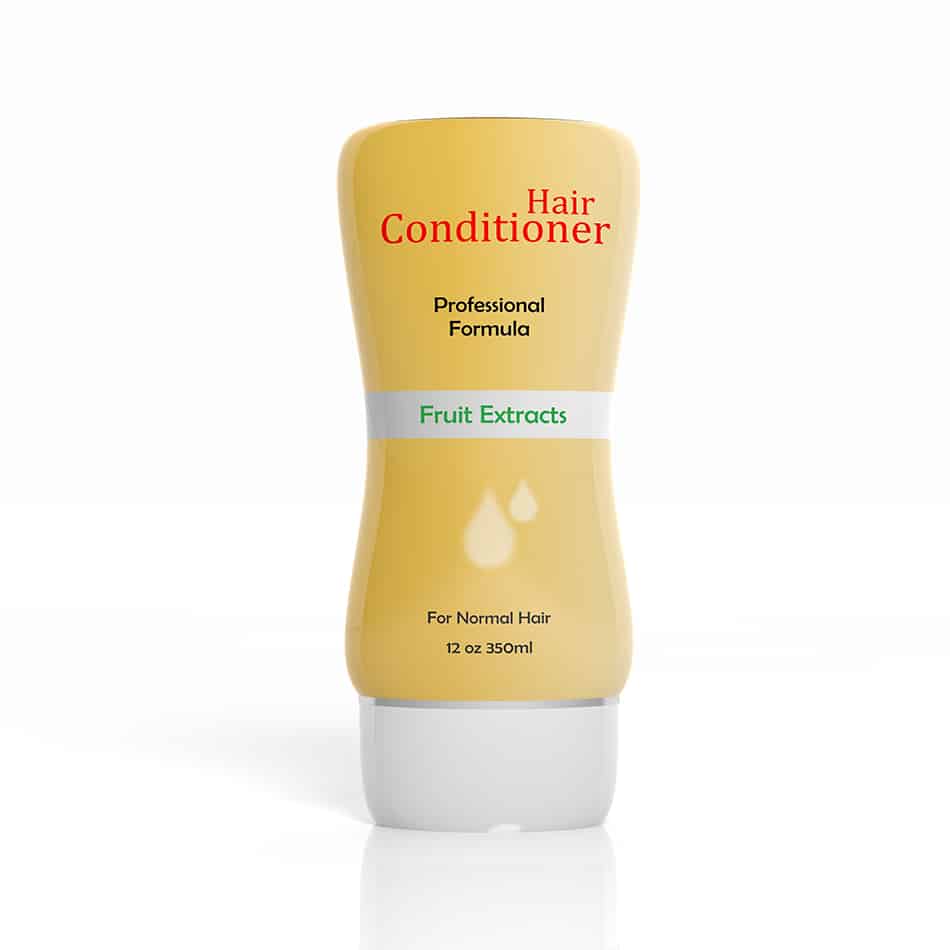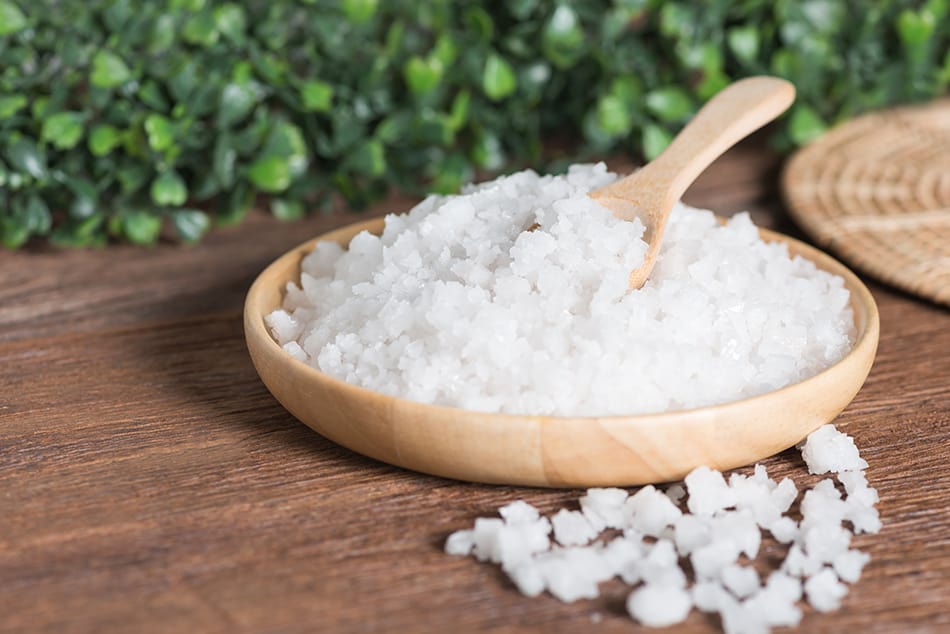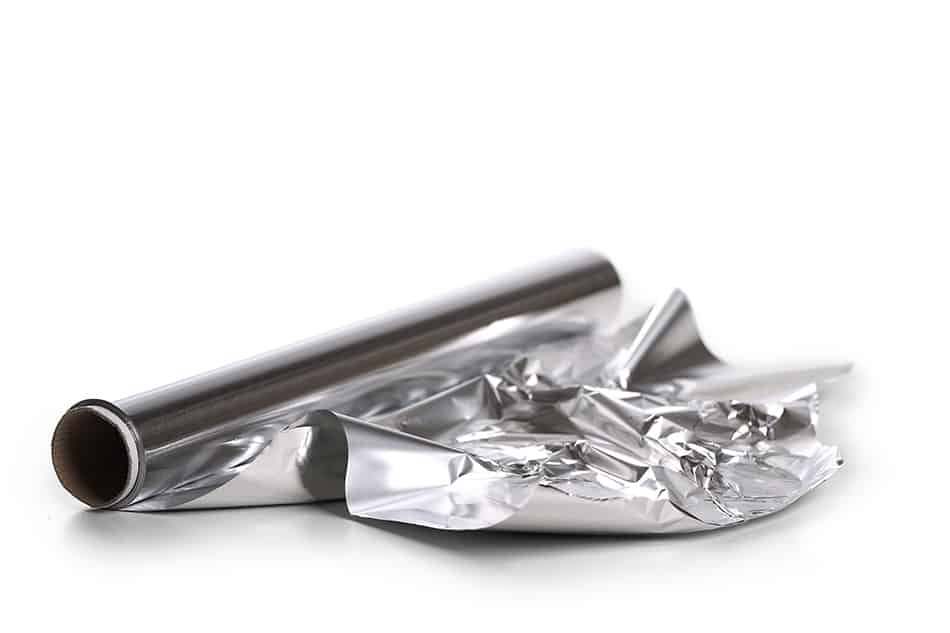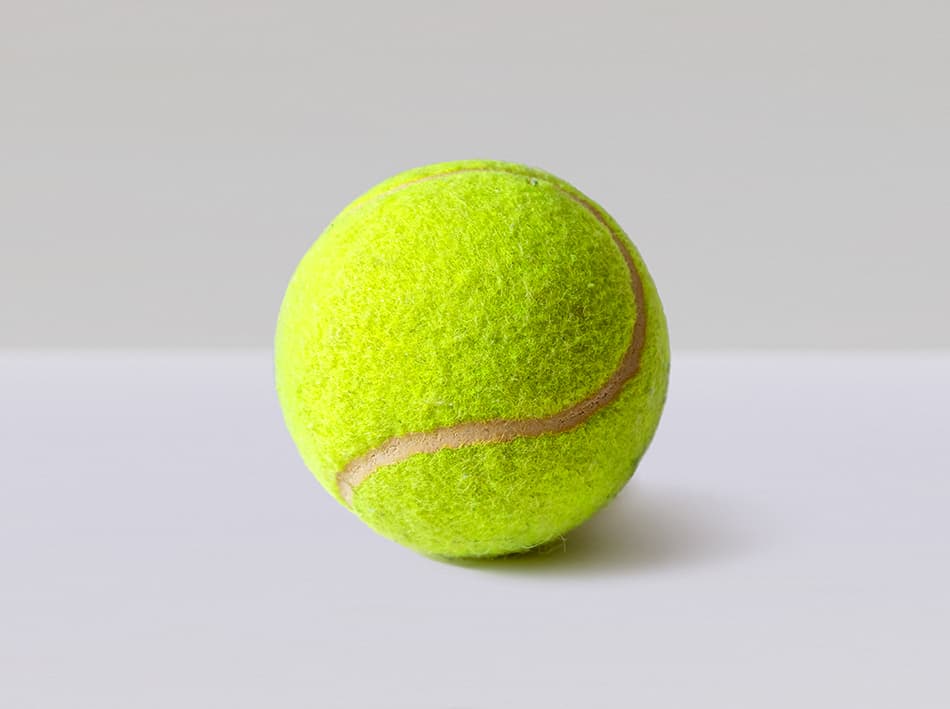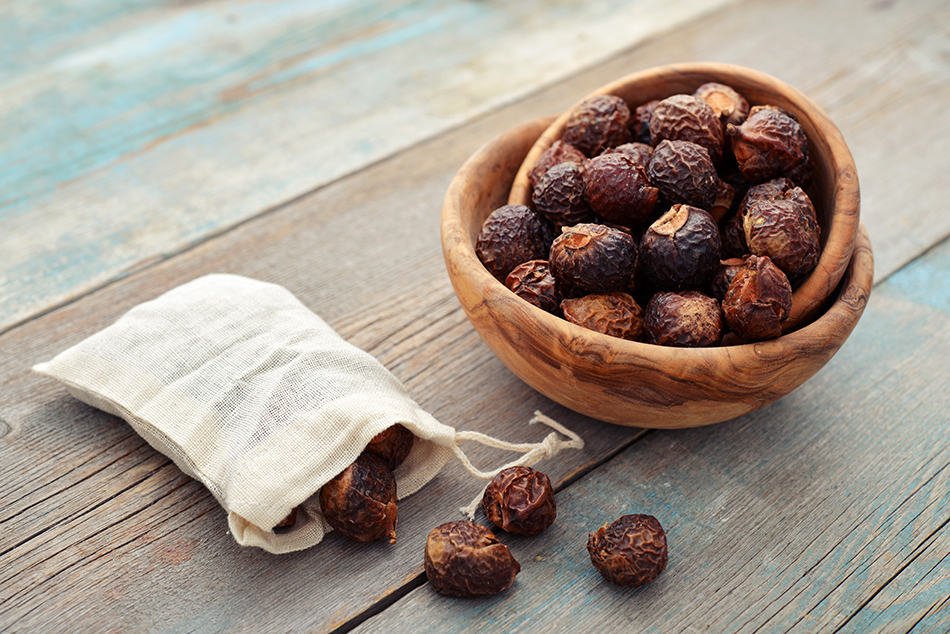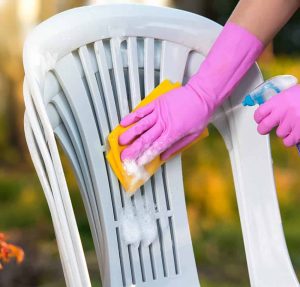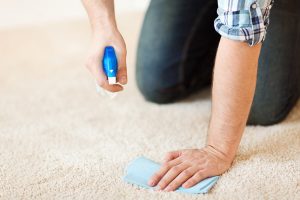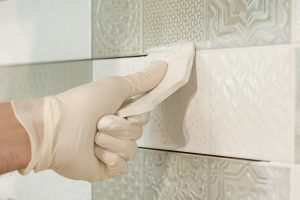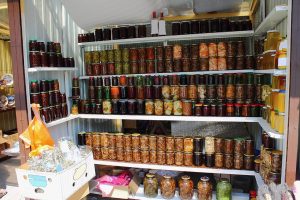Most people love the feel of soft and fluffy towels fresh out of the dryer, but did you know that using a store-bought fabric softener isn’t the only way to achieve this? Here we reveal 11 fabric softener alternatives.
Problems with Fabric Softener
Contains Chemicals
One of the reasons many people turn to natural alternatives for fabric softeners is that most store-bought fabric softeners contain chemicals that are linked to health issues. Chemicals such as phthalates may cause cancer, asthma, and developmental problems.
The chemicals contained in fabric softeners often exacerbate skin conditions and allergies or cause reactions such as skin redness, rashes, and itching. These common issues with fabric softeners cause many people to look for natural alternatives to protect their families from being exposed to these chemicals.
Packaging Waste
If you want to be more considerate of the environment and reduce your use of single-use plastic, then you might want to find an alternative way to soften your laundry because fabric softener typically comes in large plastic single-use bottles. Even if these bottles get recycled, they are still having a negative impact on the environment by being produced in the first place.
Clogs Washing Machine
Fabric softener leaves behind a residue in washing machines which can build up over time and cause the machine to become clogged or operate less efficiently.
Causes Build-up on Fabrics
Fabric softener creates a build-up on fabric which can lead to several problems. For materials that are supposed to be moisture-wicking such as towels or bath mats, fabric softeners will interfere with their fibers to make them less absorbent over time. The build-up of fabric softener on clothing can also prevent laundry detergent from fully penetrating the fabric, making it less effective at removing stains.
Expensive
Laundry detergent can be expensive, making the cost of your weekly grocery bill shoot up. If you’re trying to find ways to save money, then there are various alternatives to store-bought fabric softeners that are considerably more cost-effective.
Alternatives to Fabric Softener
Baking Soda
Baking soda is a product traditionally used in baking food items, which can also double up as a household cleaner in a whole range of situations. Baking soda is also well known to absorb odors and has a softening effect on fabrics, making it an ideal alternative to regular fabric softener. Baking soda is very inexpensive to buy and can often be found at the dollar store. It is also extremely versatile, so if you find that you aren’t happy with it as a fabric softener, you can always use it in baking or cleaning.
To use this as a fabric softener, you need to put half a cup directly into the main drum compartment of the washing machine before the final rinse and spin cycle.
If you add it in too early, then it won’t have the desired impact, but this can make it slightly inconvenient to use. If you find that you want more of a fragrance from your DIY fabric softener, you can also add a few drops of your favorite essential oil to the baking soda to leave your laundry scented.
Vinegar
Vinegar is a natural product that is used in both cooking and cleaning. It is well known for its ability to clean glass and other shiny surfaces, and it also works well as a floor cleaner, but did you know it also makes an excellent natural fabric softener? Vinegar is a really great low-cost option because you can buy it in bulk for as little as a dollar per gallon.
It will last a really long time as a fabric softener because you just need to add two or three teaspoons per load of laundry. It’s also convenient because you can add it directly to the laundry during the final rinse cycle, or you can add it to the fabric softener compartment of your washing machine when you first put your laundry in, and it will automatically release it into the drum at the right time.
Vinegar is well known for removing build-up on fabrics, so it’s a good option if you’ve been using fabric conditioners for a long time and want to refresh your clothing and remove the residue on your laundry. White vinegar is the best type of vinegar to use in home cleaning and laundry, but you can also use apple cider vinegar.
Many people are put off from using vinegar because of the strong smell, but when using vinegar as a fabric softener, there will be no lingering smell of vinegar at all. If this is something you’re concerned about, you could add a few drops of essential oil to the vinegar to help scent the fabrics with a pleasant smell.
Essential Oils
If you use fabric softener because you love having beautifully scented laundry clothing, towels, and bedsheets fresh out of the laundry, then essential oils are a good natural alternative that will also achieve fragranced fabrics. Essential oils won’t help to soften your clothing though, they’ll just scent them, so if you want the softening effects of fabric softener, then you’ll need to mix the essential oils with a natural softener, such as vinegar, baking soda, or Epsom salts.
To use essential oils in your laundry, you’ll need to add five to ten drops to the load during the rinse cycle, or if you’ve mixed it with a liquid such as vinegar, you can put it in the fabric softener drawer while you are putting the laundry on. There are a large variety of essential oils available, so finding one you like shouldn’t be too difficult; lavender oil is among the most popular choices.
Essential oils are expensive to buy, so this isn’t a great money-saving option. You’ll also need to research essential oils before you use them as some a recommended not to use them around children or pregnant women, such as tea tree oil.
Wool Dryer Balls
Wool dryer balls are tennis ball-sized balls made entirely from wool, which you add to the tumble dryer to help clothes dry faster. The balls tumble around and separate the laundry, allowing heat to circulate better and prevent wet items of clothing from sticking together.
It is estimated that wool dryer balls reduce drying time by approximately 20%, which helps to save energy, though a much more environmentally friendly option would be to bypass the dryer altogether and dry laundry on a washing line, eliminating the need for electricity altogether.
Wool dryer balls also result in much fluffier and softer laundry, along with fewer wrinkles, making them a good alternative to fabric softener. If you also want your laundry to come out of the dryer scented, then you can add a few drops of essential oil to the wool dryer balls before you put them in the dryer. Wool dryer balls can be used over and over again, which means you’ll be making a contribution to cut down on packaging waste.
Bamboo Dryer Balls
Bamboo dryer balls work in exactly the same way as wool dryer balls, but they are made from bamboo fibers. Bamboo is an extremely sustainable material because it grows so quickly and is therefore considered to be very eco-friendly.
Bamboo plants can grow to several meters tall in the space of just a few months, as opposed to some trees, which take decades to reach a similar height. Bamboo is obviously plant-based compared to wool which is animal-based, therefore making bamboo dryer balls a vegan-friendly option.
Hair Conditioner
You can make your own fabric softener using a hair conditioner by mixing it with vinegar and water. This recipe calls for six cups of water, three cups of white vinegar, and two cups of hair conditioner, which should make a large enough batch to last for around 20 loads of washing. Add half a cup to the fabric conditioner compartment in your washing machine, or add it directly to the load during the final rinse cycle, and enjoy soft and fragrant laundry.
Some people like this recipe because they can customize the scent by mixing their favorite hair conditioners, and it’s also a budget-friendly option because all of the ingredients can be picked up inexpensively from a dollar store.
However, if you’re looking for a chemical-free fabric softener, then this won’t be for you because the hair conditioner does contain chemicals. You also won’t be reducing packaging waste with this DIY fabric softener because hair conditioner generally comes in single-use plastic containers.
Epsom Salts
If you like the fabric softener crystals you can buy in the household cleaning aisle of the grocery store, then this is a DIY version that contains no chemicals. Instead, it calls for simply two cups of Epsom salts mixed with around 15 drops of essential oils. You’ll then need to add one to two spoons of the mixture to your laundry during the rinse cycle.
This is a good option for a chemical-free and packaging-reducing type of fabric conditioner; however, essential oils are quite expensive, so it’s not particularly budget-friendly. Alternatively, you could just use Epsom salts without the essential oils to keep costs down, which will result in soft but scent-free laundry.
Aluminum Foil
This commonly used kitchen product can be torn into sheets and rolled into balls for use as homemade dryer balls. If you want to be really frugal, you could even use aluminum foil which you’ve already used to wrap leftovers in your refrigerator when you no longer need it (though you must ensure it’s clean because spaghetti sauce on your jeans is not a good look!).
These DIY dryer balls are inexpensive, convenient, and easy to find. You can also use them in a pinch if you run out of fabric softener and you have some aluminum foil hanging around in your kitchen cabinets. Aluminum foil dryer balls help to reduce static and soften fabrics, but they won’t scent your laundry.
Tennis Ball
Tennis balls work in the same way as dryer balls by tumbling around your dryer and helping to separate clothing. This makes them dry faster and results in softer, fluffier fabrics. Tennis balls are made from a hollow rubber sphere that is coated on the outside with wool fibers.
One ball should last several loads of laundry, but the cost of tennis balls can vary enormously, so it could turn out to be saving you money or increasing your laundry costs. Some people consider this as a chemical-free alternative to using regular fabric softener; however, the tennis ball could be dyed with chemicals. Tennis balls will not scent your laundry, but you could apply a few drops of essential oils to the exterior of the ball if you wish.
Vegetable Glycerin
Vegetable glycerin also goes by the name of glycerol and is made from different vegetable and plant oils, including soy, palm, and coconut. It is an ingredient that is commonly added to soaps and moisturizing products because it has a smoothing and soothing effect on the skin.
It works in a similar way in laundry, giving it a soft texture. Vegetable glycerin can be found for around a dollar in drugstores, making it a low-cost, completely natural option. Simply add two tablespoons to your fabric softener compartment on your washing machine, or add it to the laundry during the rinse cycle. This alternative to fabric softener is scent-free, which might be an advantage to anyone sensitive to fragrance.
Soap Nuts
Soap nuts have gained popularity as a natural and eco-friendly alternative to laundry detergent, but they actually also work well as an alternative to fabric softeners. When the soap nuts are wet, they will release small amounts of saponin, which has a natural softening effect.
Soap nuts are known to be economical and environmentally friendly, and if you switch over to using soap nuts instead of laundry detergent, they will double up as a fabric softener, making them a convenient two-in-one product.
